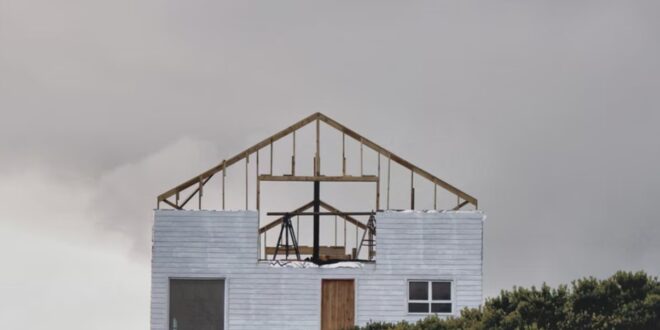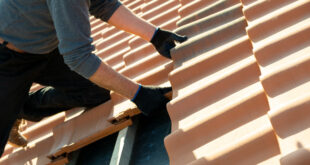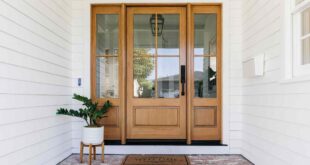While it cannot go unnoticed when something wrong goes in your home, it’s essential to be prepared for the worst. If you live by the sea, you may experience natural disasters and storms more often than usual. When a storm comes into your town, or a pipe bursts in your bathroom, it can cause serious damage to your property.
Home insurance is definitely an obvious necessity, as it can help cover financial burdens when you need to fix or replace something in your home. But still, there are some things you can do to help prevent hazards in your home in the first place. You can check out various insurance policies with Emerald Life to insure your home. Let’s see exactly where you need to focus.
With homeownership on the rise, it’s essential to make sure that your home is safe from risks that may occur out of natural or self-fault disasters. The absence of your home insurance puts you at risk of facing huge costs to fix or replace different household items and amenities.
Significant benefits of having the right home insurance:
• Coverage in case of water damage
• Coverage in case of fire damage
• Coverage in case of earthquakes
• Coverage in the possibility of self-made damages
• Coverage in case of storms
1. Water Damage – How to best respond?
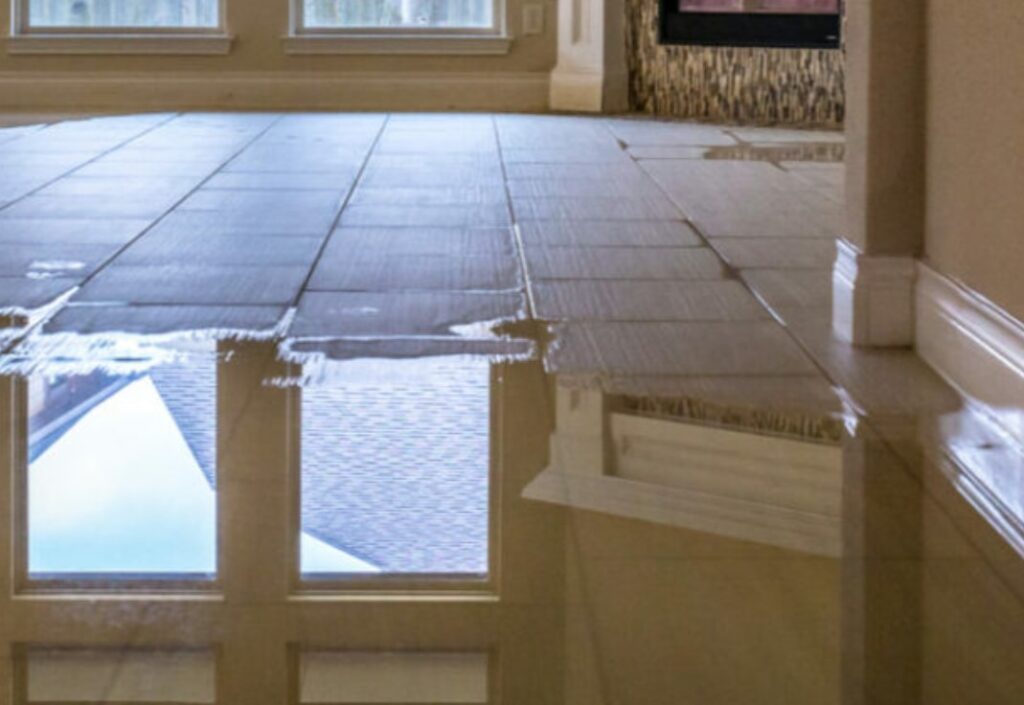
Water damage is an uncertainty that most homeowners are anxious to avoid. Water is meant to go within a home’s structure precisely; in the sewer pipes, supply plumbing sinks, and so on.
Unfortunately, it can run unbated in walls, the basement, or floors. However, the good news is that repairs could be done and avoid even more significant water damage that necessitates an expert’s work.
Although water damage is not always the worst and most dramatic event, like floods and hurricanes, homes often experience leaks in pipes, as much of the water damage is easily fixable. But sometimes, water damage in a home can cause a disaster. If left unchecked, it will create mold, and in time, it will weaken the home’s structural elements. If this is your case, you should address your problem to a watermoldfire.net restoration professional as soon as possible. Financially speaking, water damage in a home can make a massive hole in your pocket. But the first thing to do is to remain calm until the water mold professional comes to you.
If you have a pipe burst, don’t fix it yourself. In water damage situations, it is possible to experience further injuries, like slips and falls. Shut off the water supply and get your electric pane to turn off. Water and electricity should never be mixed, so don’t take unnecessary risks. Next, call a water mold fire restoration. Remove any personal items that might get wet, like collectibles, photo albums, etc. Take them to a safer area to prevent exposure to moisture.
2. Can High Winds Damage Your Roof?
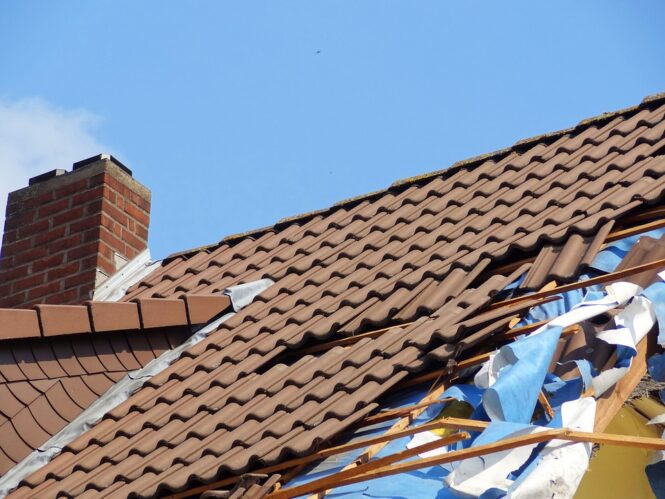
Extremely severe winds, also called straight-line winds, are caused by thunderstorms. In some cases, a thunderstorm spreads over many directions, which causes roofs to be destroyed. It’s considered a natural disaster, as winds can be hazardous to people living in areas with trees. Anyone prone to this natural disaster is likely to suffer property damage. People living in moveable houses are the most exposed to risks, injuries, and even deaths because of harmful weather. When the wind blows at a speed of 80mph, homes can’t endure the threat of danger.
Powerful wind can cause danger to properties and their surrounding areas, breaking power lines. These dangers are pictured as big storms, resulting in damage to homes. Wind damage to your roof may occur, so if you notice a small corner sticking up, it’s time to leave the area and hide somewhere safe.
Wind damage prevention:
• Reinforce doors or replace them with stronger ones.
• Keep outdoor items in a storage shed.
• Maintain trees in front of your home trimmed to help diminish damage from a storm.
3. Secure Your Home from Burglary
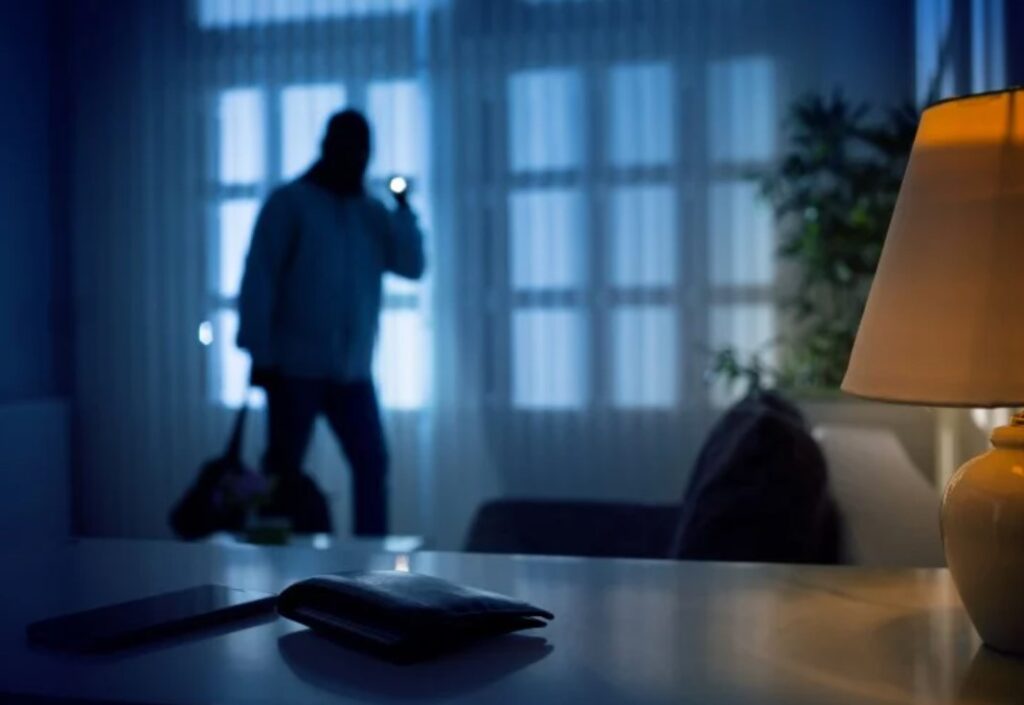
If you decide to make your home safer, burglars won’t find their way to it! Unsecured homes are an easy target for theft – don’t let your home be a mark for vandalism. Choose to protect yourself and your property. First, check your home for security and weakness. Second, correct them!
Studies have shown that thieves don’t take more than 1 to 5 minutes to break into a home and steal the most valuable items. Take the necessary time to assess your home’s weaknesses and make it more crime-resistant. You should do the following:
• Invest in a thief alarm
• Add exterior lights to reduce darkness
• Cover key points by adding security cameras
• Keep valuable items out of sight
• Install security devices, like door and window locks
Still, it’s essential to not sacrifice your safety for your home’s security. Whatever security systems you select for your home, make sure there’s a quick exit door in case of a fire. Also, make sure you don’t unintentionally invite thieves into your home. Establish rules and always keep alarm systems on. Don’t give personal information to strangers, like telephone numbers, addresses, etc.
Develop a strong relationship with your neighbors so that they can keep an eye on what’s happening around your home area when you’re away. In case of any trouble, immediately notify the police. Don’t hide valuable items, like keys, money, and jewelry in a “secret” place in your home – thieves know where to look for those.
In some cases, damages to a property can be relatively minor. Whether your home is old or new, unpleasant surprises may arise, like a cracked foundation, a leaking roof, etc. Learn what to do to maintain home safety and eventually seek compensation, if needed. Just like your home protects you from all the outdoor hazards and extreme weather, you should take measures to protect it. Use the above tips and protect your home throughout the seasons. Dealing with property damage is no fun and may cost you significantly.
 Imagup General Magazine 2024
Imagup General Magazine 2024
